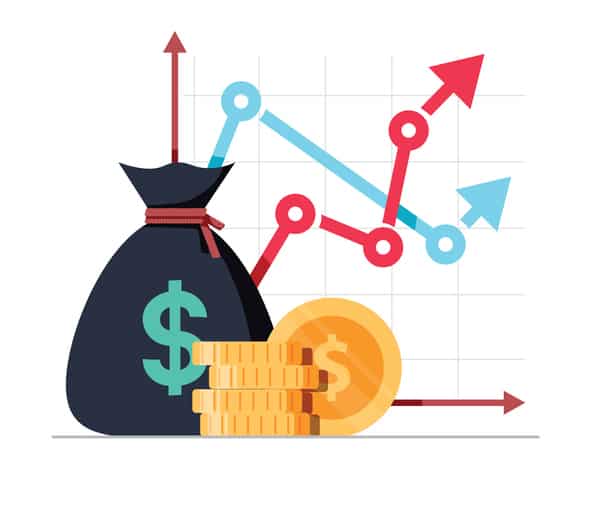Business leaders are focussing on navigating the immediate impact that the global coronavirus outbreak has across supply chains, revenue and profitability, while rewriting capital strategies by reconfiguring capital allocation and M&A plans for the post-crisis world, said EY recently.
Almost three-quarters (73%) of respondents to EY Global Capital Confidence Barometer, a survey of more than 2,900 C-Suite executives globally, expect the health crisis to have a severe impact on the global economy in the form of supply chain disruption, as well as declining consumption, said EY.
Survey highlights
The increasing shutdown of activity in many parts of the world has exposed vulnerabilities in many companies’ supply chains, with over half (52%) taking steps to change their current set up and 41% investing in accelerating automation.
With just under half of global businesses (49%) reporting profit margins that are either the same or lower than two years ago even before the current crisis, the vast majority of companies (95%) are bracing for further downward pressures on margins as the global economy slows.
“There is no playbook for this situation and the C-Suite is reconfiguring and readjusting its response in real-time as events evolve rapidly,” said Steve Krouskos, EY Global Vice Chair Transaction Advisory Services. “COVID-19 has created new vulnerabilities and unforeseen challenges. For most companies, the full impact on revenue and profitability across value chains are still highly uncertain.”
Preparing for what comes next
Many companies (72%) already had major transformation initiatives underway, triggered as a result of pressure on revenue targets and to meet profitability goals, said EY.
The majority (72%) are also planning to conduct more regular strategy and portfolio reviews, the firm added.
Once some normality has returned, executives say that they will focus on prioritizing changes in new investments in digital and technology (43%) and capital allocation across their portfolio (42%), survey results indicate.
Post-crisis recovery points to transformation through M&A
Despite boardrooms focusing on an unprecedented global health emergency, executives are also planning their future beyond the crisis.
While 54% of respondents expect a ‘U’ shaped recovery period of slower economic activity extending into 2021, 38% see a ‘V’ shaped recovery and a return to normal economic activity in Q3 this year, according to survey results.
In addition, 8% foresee an ‘L’ shape recovery – a sustained recession period until economic activity returns in 2022, EY said.
With the majority of companies assuming a recovery in the medium-term, the intention to actively pursue M&A in the next 12 months remains at the elevated levels (56%) seen throughout this current deal cycle, according to the survey.
As a result of COVID-19, global executives say they will focus more on a target’s business resilience when evaluating a transaction (38%) and are prepared to see valuations come down (39%), EY said.




